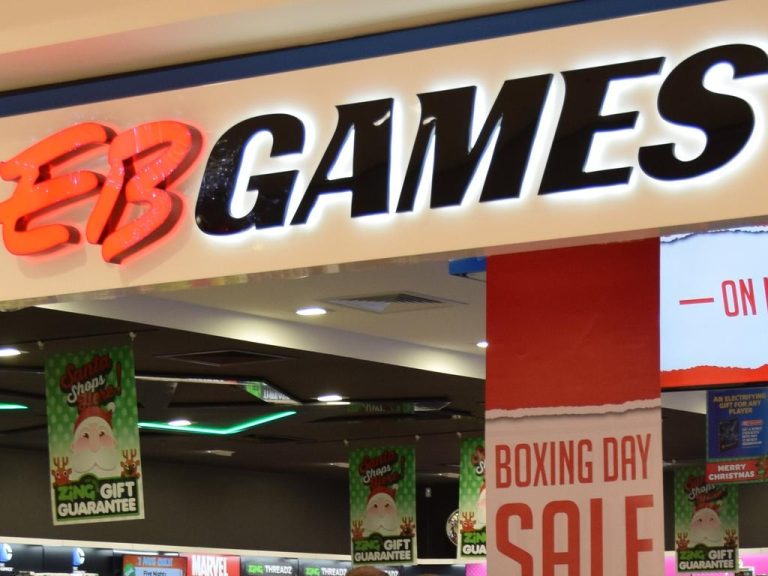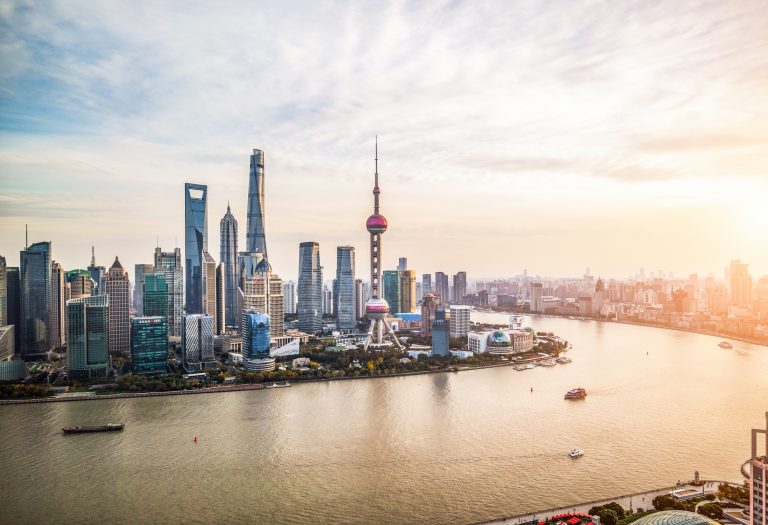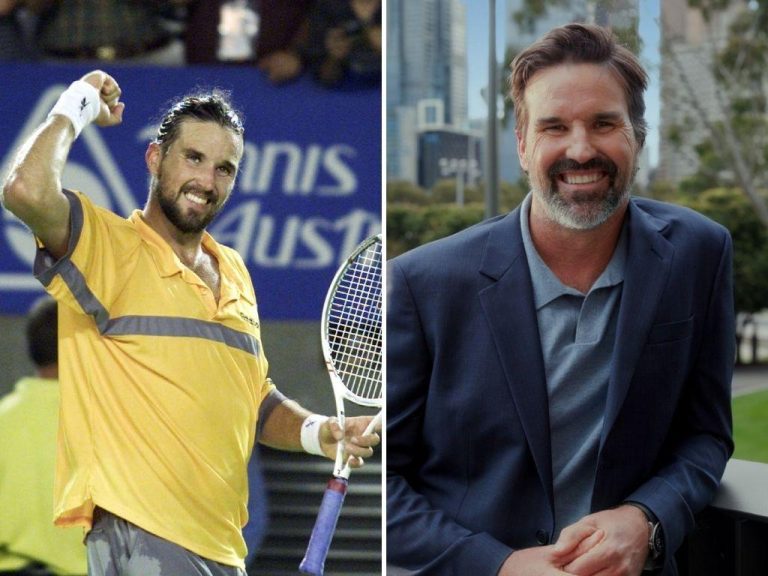Art galleries, floor-by-floor aircon among ideas to get people back to Aussie CBDs

130 Little Collins Street, Melbourne, is the Golden Age Group’s vision for the next step in CBD office towers.
Art galleries, apartments and floor-by-floor air filtration in offices are being mooted as ways to refill Melbourne’s CBD towers in the aftermath of COVID-19.
But despite a growing host of employers, including the state’s Treasurer, warning they’re considering reducing the amount of space they lease in town, developers and industry groups believe commercial property could be back in demand sooner than expected.
Market guru and real estate agency firm boss John McGrath is the latest to predict tough times ahead for office owners following the pandemic.
RELATED: Why working from home will become the new normal
COVID-19: Victorian Treasurer Tim Pallas hints at real estate lifeline
Dandenong Family Court listed for sale, could be redeveloped
“We are going to see a large percentage of the work force working from home after this,” Mr McGrath said.
“And there would be a 20-25 per cent reduction in demand for commercial (property) in most areas, though prime will always be prime.
“If rent comes down that will bring down values. So from a commercial aspect some of them may very well retrofit to residential and they may not lose some of that level of their asset value.”

Melbourne’s Bourke Street Mall is tipped to bounce back with the city’s lockdown now almost over. Picture: Alex Coppel.
He said retrofitting was unlikely in major hubs such as the Bourke Street Mall in Melbourne or Pitt Street Mall in Sydney, and particular highly regarded office precincts like Collins Street in Melbourne.
But after noting he expects international migrants and students will return in the next 18 months, potentially years before many CBD workers return Monday-Friday, building owners would likely prioritise selling off some of their holdings as strata apartments and others might look at adding residential tenants to their portfolio.

Sydney’s Pitt Street Mall is also expected to remain hot property despite the pandemic.
Realestate.com.au chief economist Nerida Conisbee said office buildings would change in the near future, but not necessarily to residential.
“It’s certainly happening in the US, but the issue is that our CBDs are pretty chock-a-block with apartments,” Ms Conisbee said.
She said she believed there were about 10,000 apartments vacant in Melbourne at the moment, making more creative solutions probable.
“Most properties will be focused on getting people back to the CBD, and the arts will be a good example of that,” Ms Conisbee said.
“We might see exhibitions or giving artists space to set up studios.
“But every aspect of the CBD is struggling at the moment. So it depends on how cheap rents get, there’s a chance that urban farming might be highest and best use. Or rock climbing gyms.”

Golden Age Group will offer commercial office owners features normally earmarked for those buying an apartment.
Developers are more positive. Golden Age Group founder Jeff Xu said his plan to get small business back to the city was to give them a chance to own a chunk of one of the most desirable pockets with floor-by-floor airconditioning.
Mr Xu said COVID-19 had made him more confident he’d be able to sell the 27-storey Little Collins St tower’s about 40 offices and turn it into a “tower of finance” inhabited by a mix of finance groups and family investment groups once completed in about two years time.
“We know that staff will want to work from home, but that won’t work full time,” Mr Xu said.
“So for our building we will have the best amenities, and specific airconditioning and lift swipe-cards for each floor — so you don’t share air with other levels. People still want to be in the best location with the best amenities.”

A render of the Little Collins Street project shows its vision for end-of-trip facilities.
End-of-trip facilities will go further than the typical shower and change room, adding steam room sauna spaces. A restaurant and a rooftop bar as well as a concierge add to the appeal of an office at the Paris-end of Collins St.
“It’s all the premium office buildings there, but (normally) you can never own that — unless you buy the whole building,” Mr Xu said.
“But with interest rates down there will be plenty thinking why pay rent when I could buy the freehold.”
It’s expected buyers will pay anywhere between $1m and to $6m for the freehold to their own office or for an investment to lease out.

Having a carpark in the CBD might also help entice some workers back.
Property Council of Australia Victorian executive director Cressida Wall said building owners should “hold off on the retrofitting plans”.
“Some people may continue to want to work from home; some people are desperate to get back to the office and social distancing requires more office space, not less, to accommodate people,” Ms Wall said.
“The Melbourne office market is coming off the lowest vacancy rate in the country and in the State’s history, as well as a significant price advantage relative to Sydney which means there is likely strong underlying demand.”
She added that a back-to-office plan would be key to the next step in Melbourne’s recovery.
At a Property Council event in September Victorian Treasurer Tim Pallas noted the government might need less office space in the CBD after COVID-19.
The Herald Sun last week revealed major employers including Coles and ANZ were planning to slash their in-office workforce at corporate headquarters in Melbourne’s CBD.
MORE: Melbourne COVID-19 housing downturn coming to an end
Melbourne developers offer up a giant wheelbarrow, peacocks and more







